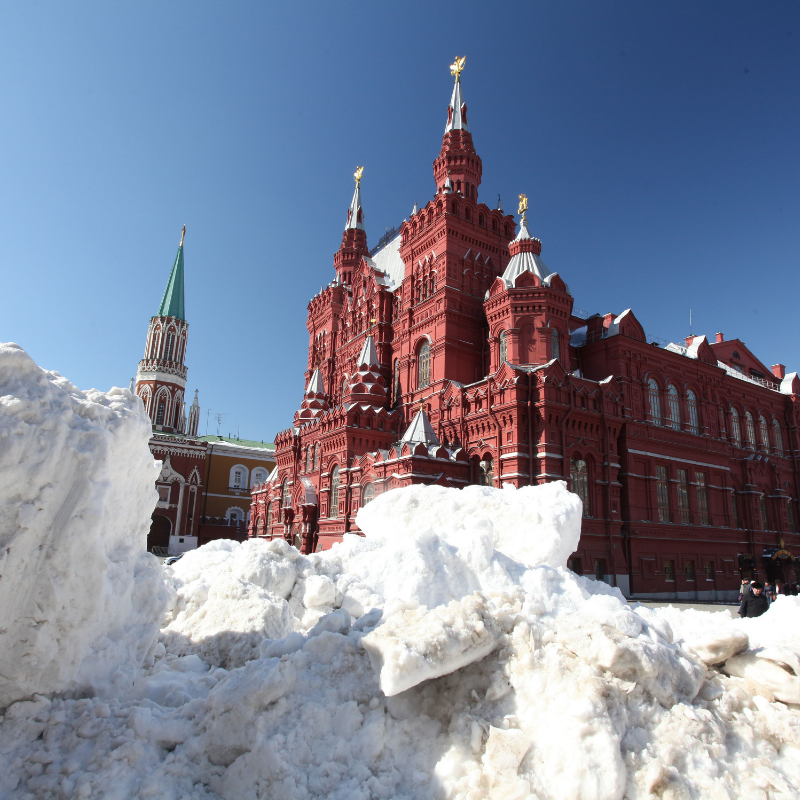The Department of State (DOS) announced on January 21, 2022, that due to “severely limited consular operations in Moscow,” DOS has designated multiple posts for processing certain nonimmigrant visa applications from persons resident in Russia. Russia-based student visa applicants (F and M categories), academic exchange J visitors (student, professor, research scholar, short-term scholar, and specialist J visa categories), and participants in U.S. government-funded exchange visitor programs may apply at Mission Kazakhstan and the U.S. embassies in Belgrade and Yerevan.
DOS encourages applicants to check each post’s website for the latest information on services and appointment availability at that specific post.
The agency noted that this designation does not prevent Russia-based F, M, and J applicants from applying at other posts where they are physically present. This designation also does not exempt travelers from the Centers for Disease Control and Prevention’s (CDC) requirement that all air travelers to the United States be vaccinated against COVID-19 with a World Health Organization emergency use-listed vaccine, DOS said.
Details:
- “Announcement of F/M/J Processing Posts for Applicants Resident in Russia,” State Dept., Jan. 21, 2022, https://travel.state.gov/content/travel/en/News/visas-news/announcement-of-F-M-J-processing-posts-for-applicants-resident-in-russia.html


